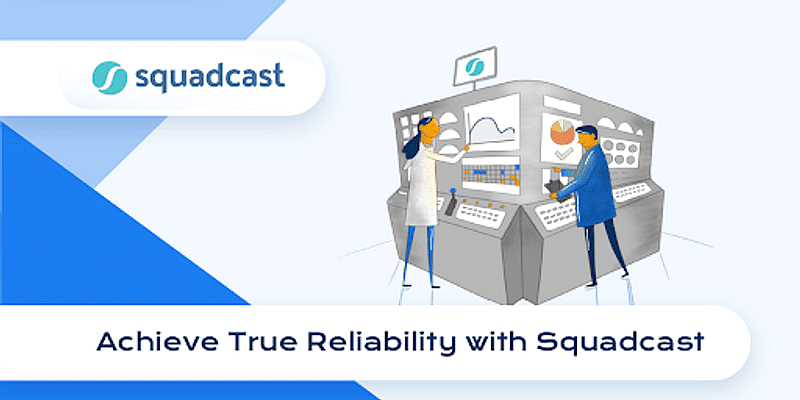In today’s world, where “always on” is the norm, reliability has become a primary business KPI. Organisations of all sizes require a reliable incident response plan to avoid significant consequences. Unfortunately, many companies resort to quick fixes that often leave them with flawed systems that can easily fall apart when bugs arise.
Existing solutions/platforms in this space face challenges such as poor ease of use, too many false positives, lack of access to centralised information, and expensive legacy incident management tools that are not aligned with Site Reliability best practices or SRE workflows.
Engineering teams must address these challenges to ensure the reliability of their systems and avoid significant disruptions in business operations.
Challenges in modern incident management
1. Service ownership and visibility: One of the most significant challenges in modern incident management is managing service ownership and visibility in distributed applications such as microservices. An increasing number of services makes it challenging to track their health and ownership. Tool sprawl adds to the difficulty of tracking dependencies and ownership. Incident response teams need to automate their infrastructure stack and simplify collaboration efforts to inform team members, stakeholders, and customers quickly.
2. Lack of automation: Another significant challenge is the lack of automation in incident management. Manual tasks such as notifying the on-call team of service outages or automating incident escalations to senior responders can significantly impact mean time to acknowledge (MTTA) and mean time to resolution (MTTR) during incident response. Engineering teams need to prioritise automation in their incident management processes and leverage technology to automate critical tasks during incident triage.
3. Lack of visibility: The lack of visibility into service health is a critical issue that can impact the ability to inform stakeholders of incident impact, triage, and resolution process. Incident response teams need to prioritise complete transparency about incident impact, triage, and resolution to internal and external stakeholders and business owners to overcome this challenge. An absence of a platform, such as a status page, to keep all stakeholders informed of impact timelines and resolution progress can exacerbate the problem. Inability to track the health of dependent upstream or downstream services and not just the affected service can also add to the challenge.
The solution
Squadcast is a platform that has been purpose built to address these challenges. Our integrated platform unites on-call alerting, incident management, and SRE workflows in one offering, automating human tasks efficiently.
While there are a plethora of tools/platforms for different solutions such as alerting, SLO monitoring, on-call scheduling, service visibility, etc. that solve only part of the problem, Squadcast provides a comprehensive platform with features such as SLO dashboard, status pages, runbooks, error budget, and blameless retrospectives. It allows teams to manage incidents seamlessly, thus making it the only integrated platform to effectively handle the entire incident lifecycle. It is built on an API-first incident response ecosystem, and helps engineers transition from on-call to SRE with a highly configurable feature set.
In conclusion, the platform helps organisations overcome the challenges of modern incident management by enabling teams to manage incidents seamlessly through automation of critical tasks, simplified collaboration efforts, and complete transparency into incident impact, triage, and resolution.
Cohort 11 of NetApp Excellerator
Squadcast is a part of the latest cohort of NetApp Excellerator. Through the programme, the company aims to access funding, mentoring, and networking opportunities, as well as technical and business resources.
The team says personalised support like one-on-one mentorship and coaching from industry experts and NetApp executives help startups identify strengths and weaknesses, refine strategies, and develop the skills and knowledge they need to grow and scale their businesses.










